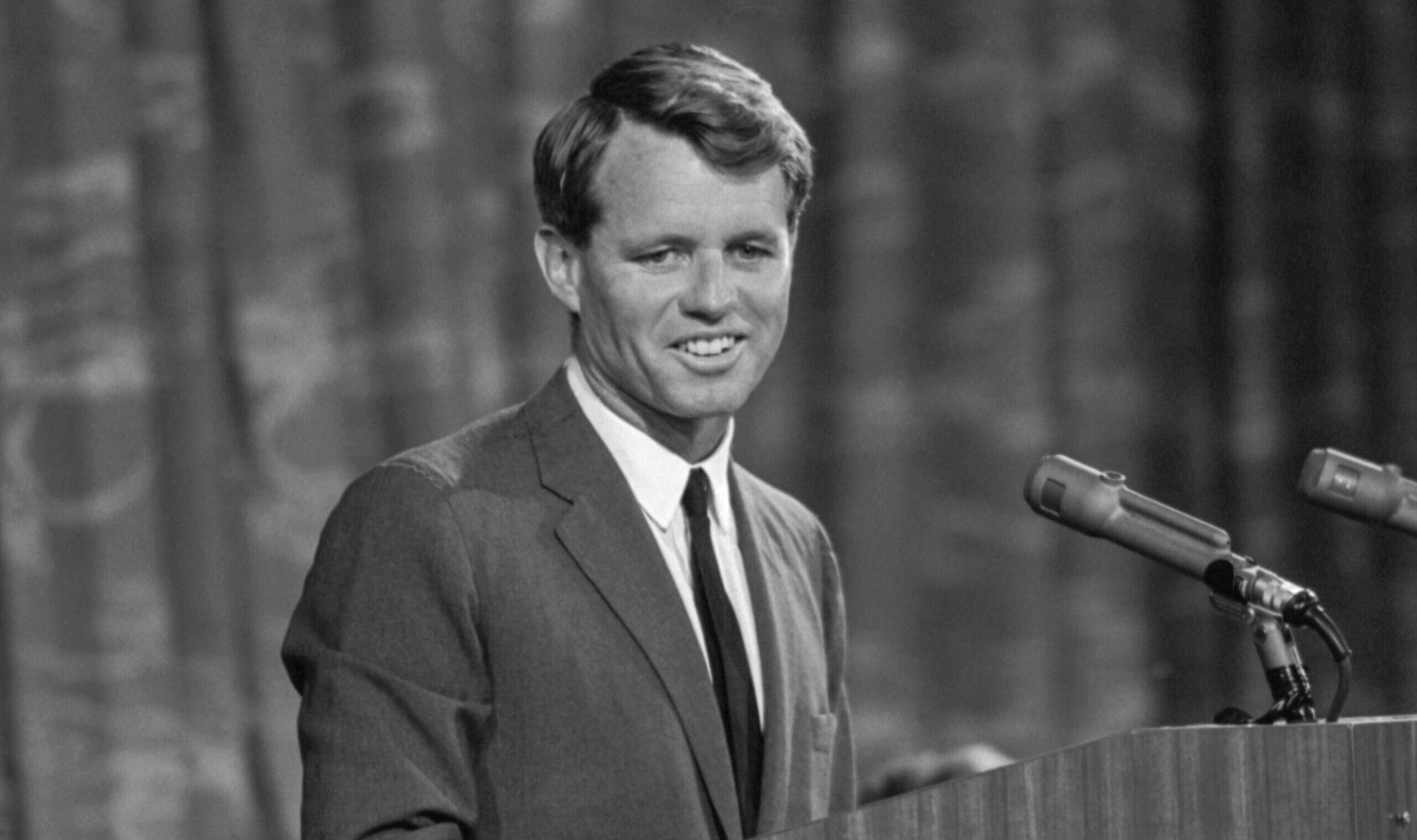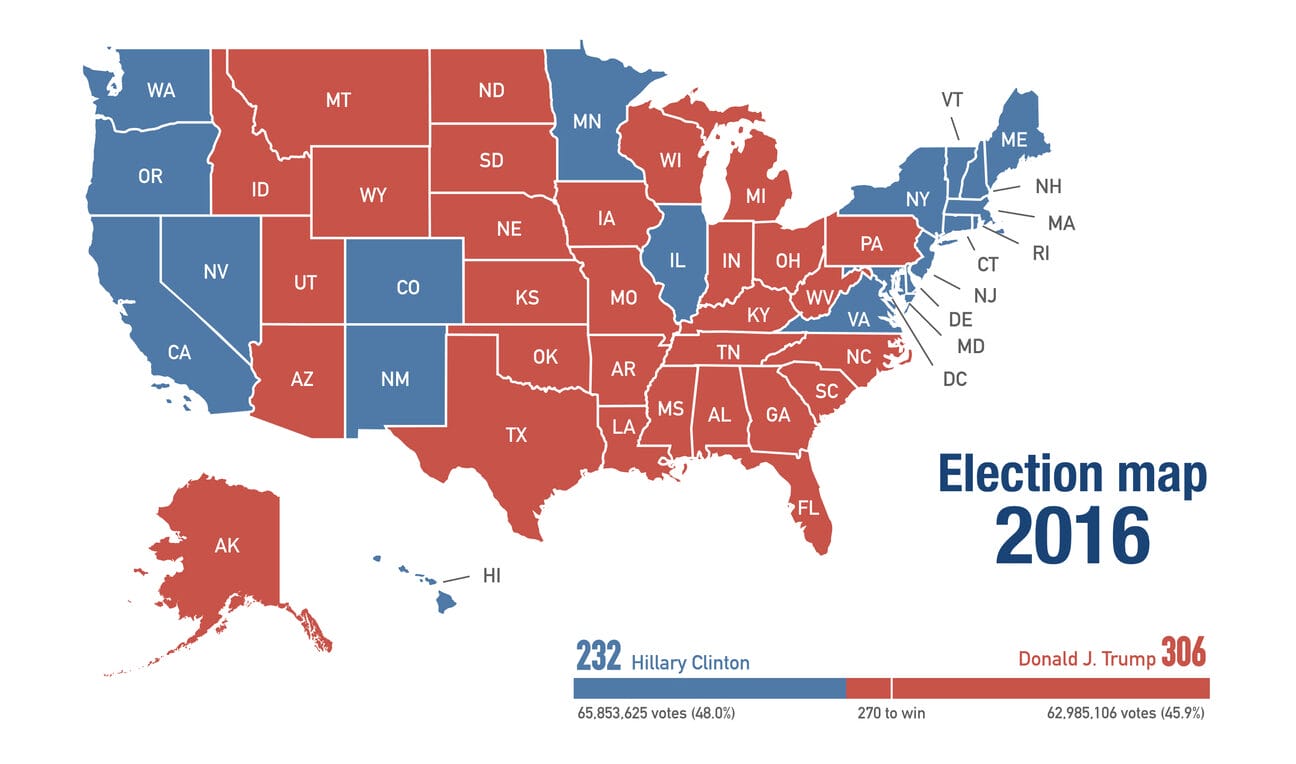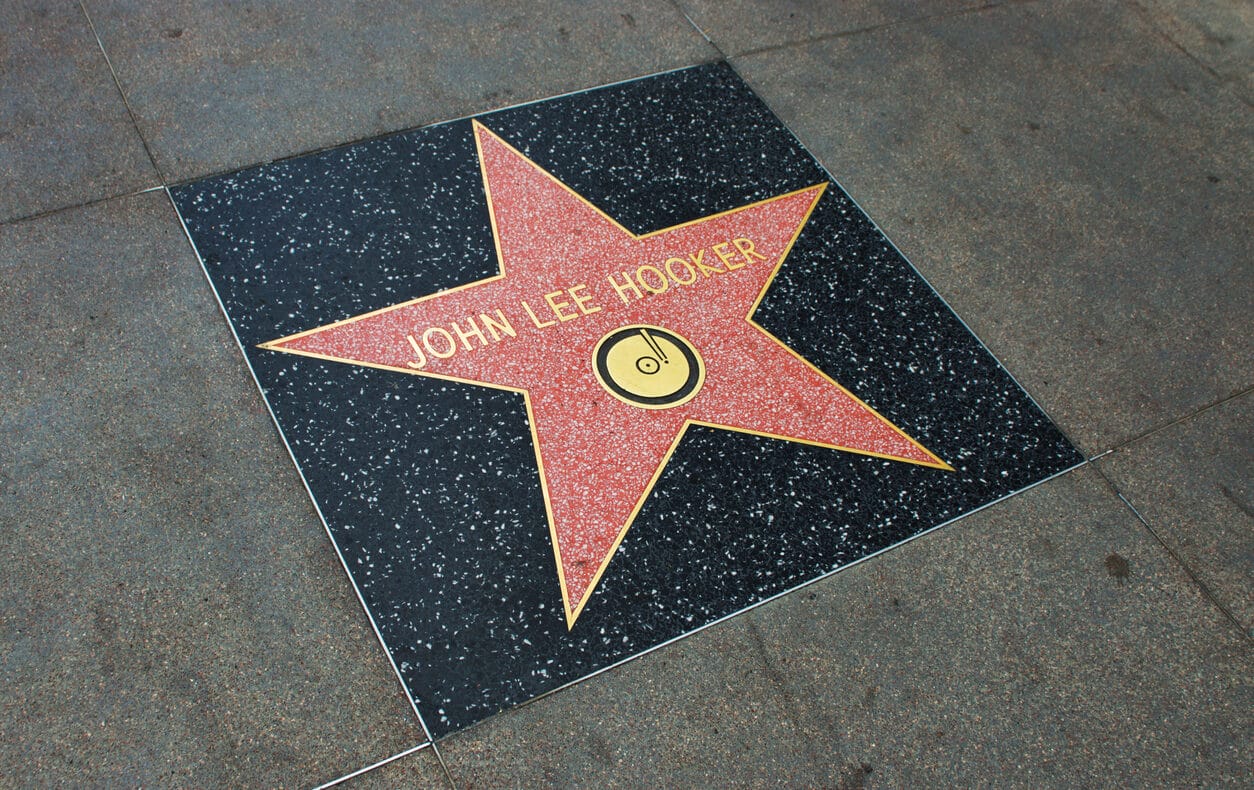The toll of a state legislative race
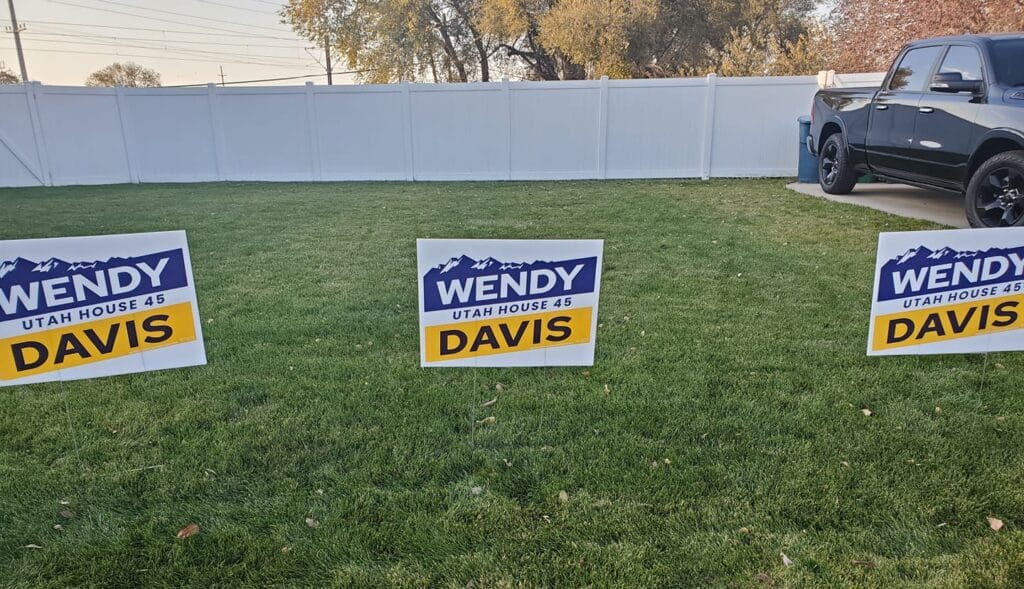
Wendy Davis lost her Utah state legislative race in 2020 to a Republican incumbent by 77 votes. While the tight race is an essential theme in this campaign memoir, “The Fight You Don’t See” shines in the candidate’s vulnerability and ultimately optimistic outlook after a heartbreaking loss.
Davis, primarily raised in Illinois, talks about seeing Bill Clinton work his campaign magic in a Walmart parking lot in 1982. She touches upon her admiration for Ronald Reagan, particularly after the 1981 assassination attempt. She cast her only Republican vote for president for George H.W. Bush. Davis explains her exodus from the Church of Jesus Christ Latter-Day Saints, mental health struggles, and issues with controlling her weight. Some of the reasons for her leaving the LDS are related to fellow parishioners and church leaders supporting Donald Trump.
Obtaining a PhD in political science from the University of Utah, Davis makes it clear from the outset she’s dreamt of holding political office. She initially thinks she needs all the qualifications on paper to be worthy of the office, describing this as a mistake many women make in their professional endeavors.
Unfortunately, her campaign is getting off the ground when the COVID-19 pandemic explodes. Davis herself decided to buck some of her own party power structure in Utah when she thought it insensitive to try and meet their required fundraising totals during COVID. “It seemed insensitive and even insulting to solicit donors in this COVID climate,” she writes. It won’t be the last time she will clash with some of the power brokers in Democrat campaign circles.
Later, when it became clear she might pull the upset over Steve Eliason in her Salt Lake County legislative race, her party dumped negative mailers into the district targeting her opponent against her wishes. She was committed to a positive campaign. The mailers received the governor’s denunciation as well as some media, backfiring against her campaign. “Party leaders sought to assert control over me, my decisions, and my campaign,” she writes. “This was not a power-sharing partnership. It was power over me.” Davis makes a strong case that the mailers ultimately contributed to a narrow loss instead of an Election Day victory.
Davis shares anecdotes from local canvassing on the campaign trail, and her early strategy sessions, explaining why the traditionally conservative district was winnable for a Democrat in Utah.
She discusses one of the biggest obstacles that challengers face against incumbents: money. “Major donors often hesitated to invest in first-time candidates, unsure of their electability and track record,” Davis writes. “Consequently, unfair expectations and requirements were placed upon us, creating additional hurdles to overcome.”
Davis says the antidote is for voters to commit to candidates who align with their values, even when the odds are stacked against them. She notes that the most important relationship politicians have remains with the voters they represent. “Entrenched in the political power structures, so many long-term officials have forgotten that.”
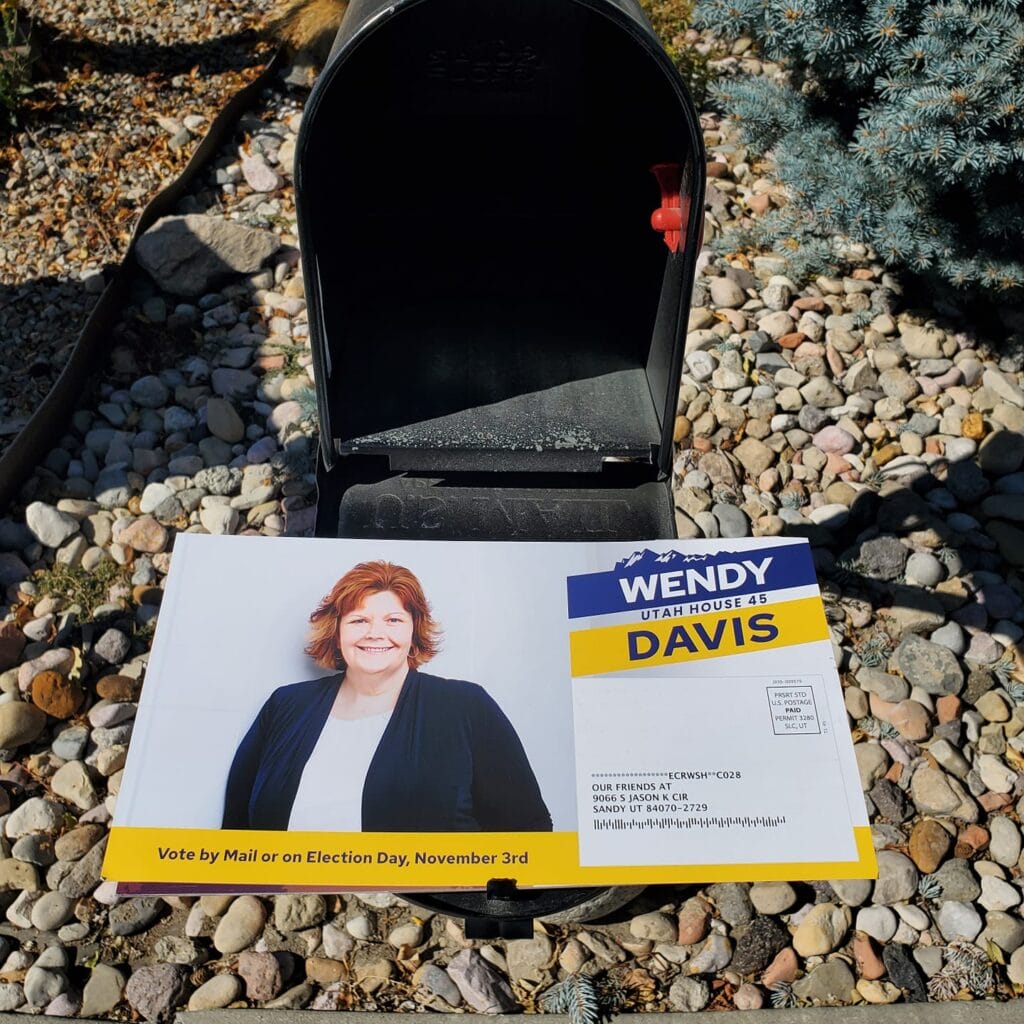
Davis was ahead in the vote count on the night of the election, but her lead slowly dwindled in the days after. Ten days after the election she held a three-vote lead that ultimately didn’t hold up. To make matters worse for her, Republicans in the legislature redrew her district, leaving her with a much more challenging uphill climb in future contests. On top of that, she wasn’t even eligible to run again, because she had not lived in her new district long enough to meet the 60-day residency filing deadline. She considered a lawsuit, but ultimately backed off given the financial risks. It’s another reminder that the power of incumbency is real, lending itself to one-party political dominance.
The big takeaway from “The Fight You Don’t See” is not that we get another window inside the way politics works – we all know it’s messy and unfair – but that Davis depicts what an admirable campaign looks like. Certainly, conservative readers will roll their eyes at some of her political positions. Yet Davis is somebody we can get along with despite the political differences, because she knows what it means to be a neighbor, genuinely caring about people. She shows respect for her opponent and the people she disagrees with in an era of polarization.
“When I was young, I thought that being right meant you won,” writes Davis. “As I gained more life experience, I learned the hard way that you can be right and still not win.” That’s a lesson many of us still need to learn — about politics, and life.


